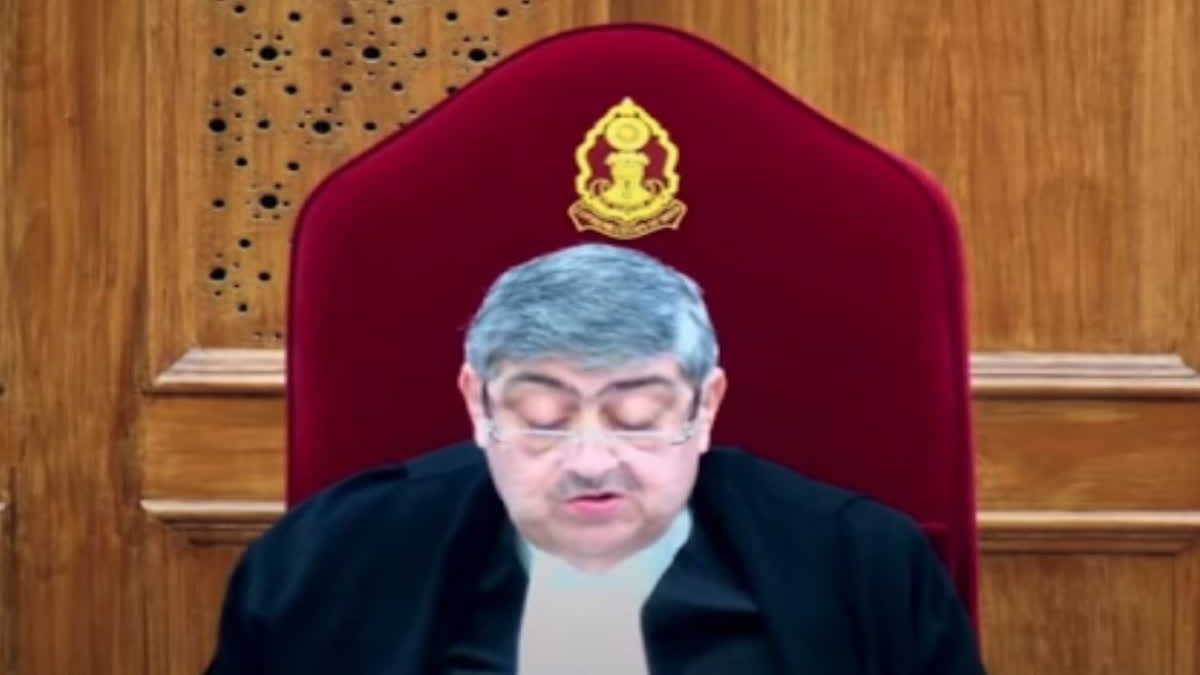New Delhi:Justice Sanjay Kishan Kaul, the senior-most judge in the constitutional bench of the Supreme Court that Monday upheld the abrogation of Article 370 by the Centre in 2019, recommended setting up a Truth and Reconciliation Commission, along similar lines as in South Africa, to look into human rights violations by both state and non-state actors in J&K.
In a sentimental epilogue part of his 121-page separate but concurring verdict, Justice Kaul, who hails from the erstwhile state, noted the valley of Kashmir carries a historical burden and has a social context.
Justice Kaul said South Africa's Truth and Reconciliation Commission was set up to investigate human rights violations perpetrated during apartheid and it served as a means of "reckoning or catharsis for victims, and fostered peace-building". "In view of the in-roads made globally, and endogenous requests for truth and reconciliation, I recommend the setting up of an impartial truth and reconciliation commission. The commission will investigate and report on the violation of human rights both by State and non-State actors perpetrated in Jammu & Kashmir at least since the 1980s and recommend measures for reconciliation," he said.
While referring to the "troubled situation" at the ground level in the Kashmir valley in the 1980s which triggered the exodus of Kashmiri Pandits, Justice Kaul said it was not a "voluntary migration.
"'We, the people of Jammu & Kashmir are at the heart of the debate. They have carried the burden as victims of the conflict for several decades originating from 1947 with the invasion of the valley," he said, adding that intervening political circumstances did not permit a redress to the fullest extent of the invasion. He said the consequences remained in terms of parts of Kashmir being occupied by other countries and the second round of insurgency holds its origin to the latter part of 1980s.
"There was a troubled situation at the ground level, which was apparently not redressed. It culminated in the migration of one part of the population of the state in 1989-90. It is something that our country has had to live with and without any redressal for the people who had to leave their home and hearth. It was not a voluntary migration," Justice Kaul said. He said the situation became so aggravated that the very integrity and sovereignty of India was endangered and the Army had to be called in.
"Armies are meant to fight battles with enemies of the state and not really to control the law and order situation within the state but then, these were peculiar times," he said. Justice Kaul said the entry of the Army created its own ground realities in their endeavour to preserve the integrity of the state and the nation against foreign incursions. "The men, women and children of the state have paid a heavy price," he said, adding that in order to move forward, the wounds needed healing.
